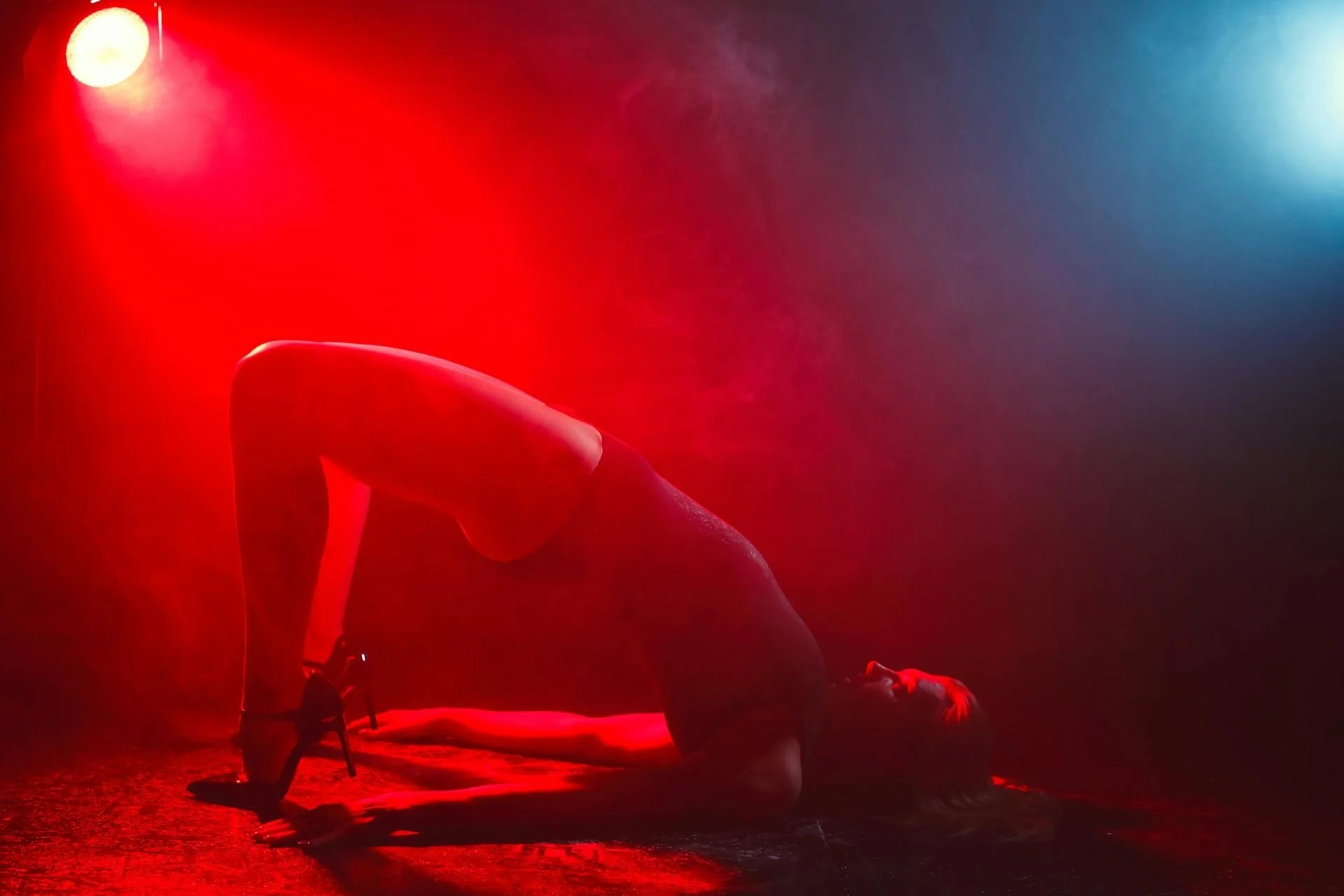The Hidden Cost of Creativity: Why Mental Health Support in the Arts is Non-Negotiable
Absolutely — here’s the fully expanded educational blog post with additional mental health supports that creatives can access alongside or outside of an EAP. This version positions Hey Mate as a leader while acknowledging the broader ecosystem of care available to performing artists and arts workers.
The Show Must Go On — But at What Cost?
In the performing arts, “the show must go on” is more than a catchphrase — it’s a deeply ingrained industry value. It speaks to resilience, commitment, and courage. But it also masks something more troubling: burnout, mental distress, and a system that often rewards sacrifice over sustainability.
Behind the applause, artists, producers, designers, and crew face immense emotional and practical challenges. Long hours, performance pressure, financial insecurity, public scrutiny, and emotionally taxing roles can take a serious toll on wellbeing.
While the arts are rightly celebrated for their cultural impact, the human cost for those creating it is too often overlooked.
The Mental Health Crisis in the Creative Industries
The data is clear — the creative industries are in the middle of a mental health crisis:
Workers in the Australian entertainment industry are 10 times more likely to experience symptoms of moderate to severe anxiety.
(Entertainment Assist & Victoria University, 2015)Depression is five times more prevalent in the creative sector than in the general population.
Suicidal ideation among arts workers is 6 times the national average.
Over 60% have experienced a mental health condition, yet fewer than half have accessed professional support.
For freelancers and independent artists, these rates are even higher due to lack of structure, income security, and access to workplace protections.
These aren’t just numbers. They’re lives. They’re careers at risk. They’re the people who make our stages, screens, and galleries come alive.
Why Traditional EAPs Fall Short in the Arts
Typical Employee Assistance Programs (EAPs) are designed for permanent, office-based workers with HR departments, consistent hours, and stable contracts. In contrast, the creative workforce is:
Freelance and project-based
Dispersed and mobile
Emotionally immersed in their work
Often without clear access to HR or line management
Highly peer-reliant and informal in culture
Standard EAPs often feel disconnected, rigid, or irrelevant — and can unintentionally reinforce stigma or distrust.
A Tailored Solution: Enter Hey Mate
Hey Mate is a national mental health and wellbeing provider designed specifically for creative industries. We provide EAPs and wellbeing services that meet artists, performers, and creative teams where they’re at — whether they’re in a rehearsal room, on tour, or freelancing from home.
We know what it’s like to be part of this world. And we’ve built supports that actually work for it.
What We Offer:
1:1 confidential sessions with therapists who understand the arts
Trauma-informed and culturally responsive care
Peer-to-peer support models and peer mental health responder training
On-call and backstage support during festivals and tours
Critical incident response tailored to creative teams
Workshops on burnout, boundaries, psychological safety, and resilience
Mental Health First Aid training with a creative lens
Flexible packages for organisations large and small, including collectives and independent projects
Other Supports Available to Creatives
We also recognise that a healthy support ecosystem goes beyond a single provider. Here are other valuable resources that complement the work we do at Hey Mate:
National Support Lines
Support Act Wellbeing Helpline (24/7 for musicians and performing arts workers): 1800 959 500
Lifeline: 13 11 14
Beyond Blue: 1300 22 4636
13YARN (support for Aboriginal and Torres Strait Islander peoples): 13 92 76
Industry-Specific Supports
Arts Wellbeing Collective (Vic) – tools, workshops, and mental health support for arts workers
MEAA (Media, Entertainment & Arts Alliance) – member advocacy and support services
Regional Arts Development Organisations (RADOs) – local connections and peer networks
Peer Creative Support Groups – informal and community-led mental health circles
Financial and Legal Support
NAVA (National Association for the Visual Arts) – professional advice and wellbeing grants
Support Act Crisis Relief – emergency financial assistance
Creative Partnerships Australia – funding and sustainability support for independent artists
We often refer, partner, and collaborate with these organisations to provide holistic, wraparound support.
Investing in the Future of the Industry
When performing arts organisations implement a tailored EAP like Hey Mate, they’re not just responding to mental health challenges — they’re actively preventing them.
They’re also:
Increasing retention and reducing burnout
Building psychological safety in teams
Supporting diverse pathways into the industry
Meeting their duty of care and funding body requirements
Whether you’re a company, festival, training institution, or venue — your people are your greatest asset. And supporting their mental health should be a cornerstone of your operations.
Let’s Make Mental Health in the Arts Non-Negotiable
Creativity thrives in safety. And when artists are well, the whole industry benefits.
Let’s move beyond crisis-only models and commit to long-term care, connection, and cultural change in the performing arts.
Reach out to our team to learn how Hey Mate can support you:
Email: hello@heymateproject.org
Keywords: mental health performing arts, employee assistance program for creatives, EAP for artists, arts worker mental health, burnout in the arts, wellbeing support for performers, creative industries mental health, touring support for artists, peer support mental health creatives


